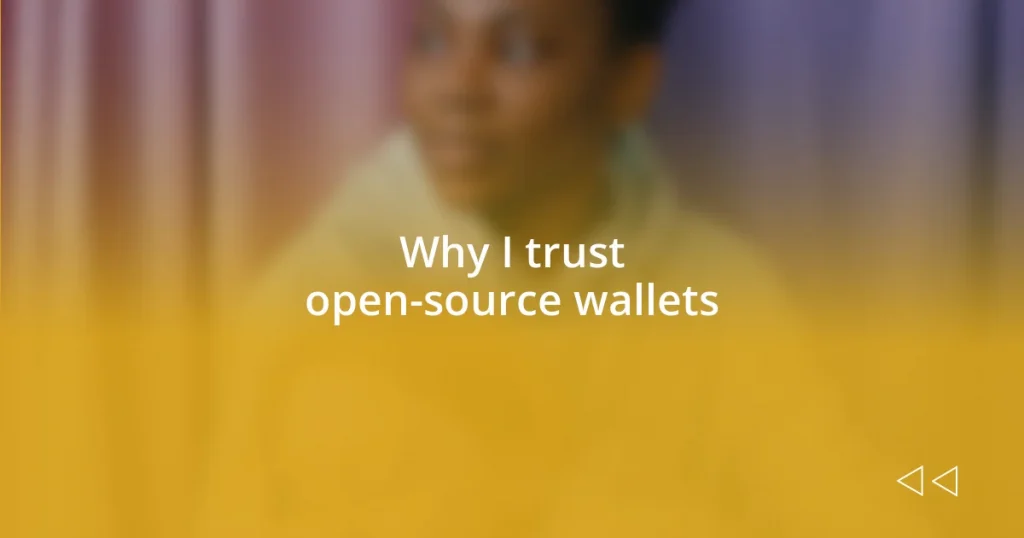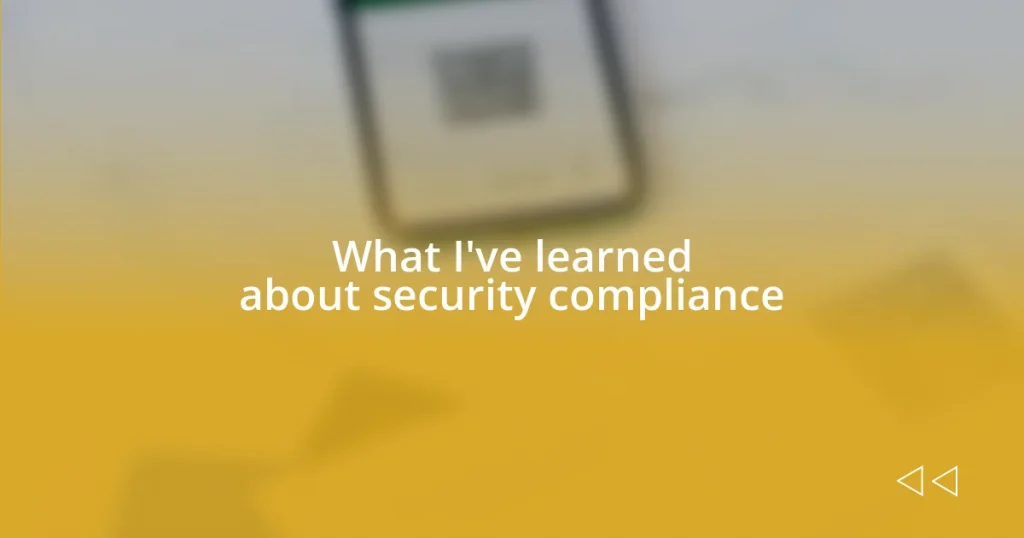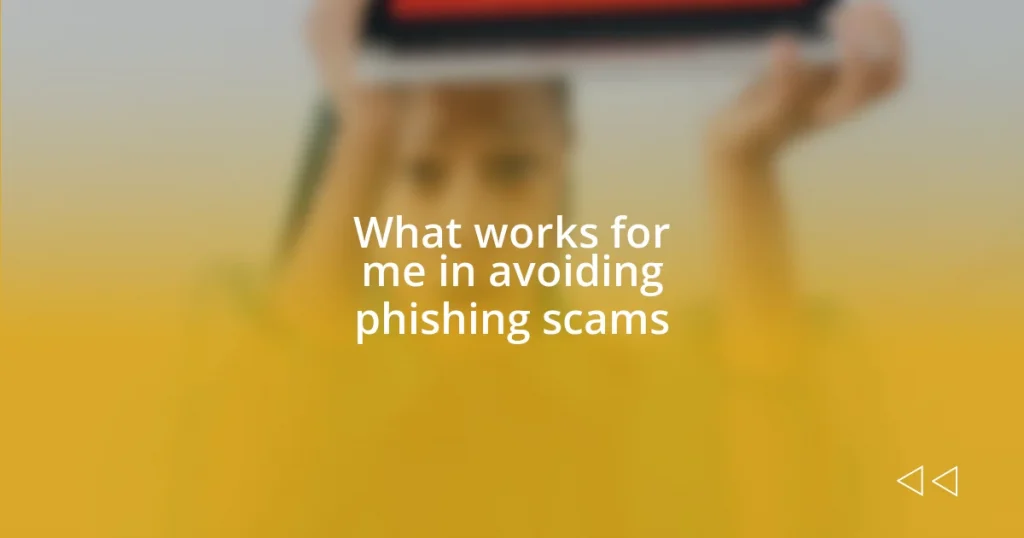Key takeaways:
- Open-source wallets offer transparency and user empowerment, allowing individuals to inspect code and improve security through community collaboration.
- The community-driven nature of open-source projects fosters rapid innovation, shared ideas, and camaraderie among users, enhancing overall reliability and trust.
- Notable security features of open-source wallets include multi-signature support, frequent code audits, and backup tools, providing users with robust protection against threats.

Introduction to open-source wallets
Open-source wallets are digital tools that allow users to store and manage cryptocurrencies while providing transparency and control over their funds. I remember the first time I stumbled upon an open-source wallet—I was amazed at how I could actually peek under the hood and see the code. How many financial products can you say that about?
Unlike proprietary wallets, where you’re at the mercy of the developers’ choices, open-source wallets empower users to verify the software’s integrity themselves. I’ve often found myself reflecting on that sense of security. Knowing that a community of developers can audit the code gives me peace of mind that proprietary options simply cannot offer. Does that transparency make you feel more secure too?
Moreover, the collaborative nature of open-source projects fosters innovation and rapid development. In my experience, watching the community come together to solve problems or introduce new features brings a sense of camaraderie among users. It feels like being part of a movement rather than just using a tool, don’t you think? This sense of belonging and mutual support truly enhances the overall experience.

Benefits of open-source software
One of the primary benefits of open-source software is the transparency it offers. This allows users to see and understand the underlying code, which can significantly boost confidence. I remember feeling a rush of empowerment when I learned I could scrutinize the code of an open-source wallet. It’s like having the choice between a beautifully wrapped present and one that’s unwrapped — it’s just more reassuring to know what’s inside.
Another advantage is the collaborative community that often surrounds open-source projects. I’ve seen firsthand how developers and users alike contribute ideas, fixes, and enhancements. It creates a dynamic environment where software can evolve rapidly, benefiting everyone. Honestly, being part of that kind of ecosystem feels invigorating; there’s a shared enthusiasm that proprietary projects just can’t replicate.
Furthermore, using open-source software often leads to improved security. Vulnerabilities can be identified and resolved more quickly due to the collective scrutiny of the community. I’ve witnessed how a simple bug report can spark a flurry of activity, where developers rush to upload patches. This community-driven approach not only enhances security but fosters trust, making me feel reassured about using such wallets.
| Benefit | Description |
|---|---|
| Transparency | Users can inspect the code for integrity and security. |
| Community Collaboration | Shared innovations and rapid software development driven by user engagement. |
| Enhanced Security | Vulnerabilities are identified and resolved quickly through community scrutiny. |

Security features of open-source wallets
When it comes to security features of open-source wallets, I appreciate the numerous layers that bolster user protection. My first experience with an open-source wallet was eye-opening; its multi-signature support immediately caught my attention. This feature, which requires multiple private keys to authorize a transaction, not only enhances security but also gives me the comfort of knowing that my funds can’t simply be whisked away with a single compromised key.
Here are some notable security features that make open-source wallets a reliable choice:
- Multi-Signature Support: Requires multiple keys for transactions to reduce single-point failures.
- Frequent Code Audits: The open nature of the code encourages regular scrutiny from the community, leading to swift fixes.
- Cold Storage Options: Many open-source wallets support storing funds offline, minimizing exposure to online threats.
- Two-Factor Authentication (2FA): Adds an extra layer of security, requiring a secondary verification step during access.
- Backup and Recovery Tools: Easy-to-use options allow users to back up their wallets, ensuring access is maintained even if something goes wrong.
Security truly feels personal with open-source wallets. For instance, after I experienced a frightening near-miss—a phishing attempt on my funds—I realized how crucial user-controlled security measures are. I became aware that the wallets I trusted had strong recovery options. These options made it possible for me to quickly regain access without hassle. That peace of mind is something I deeply cherish, knowing that I have every tool I need at my fingertips.

Community support and trust
When I think about community support, I can’t help but recall the countless conversations I’ve had on forums dedicated to open-source wallets. It’s a vibrant atmosphere where users share tips, troubleshoot issues, and celebrate successes together. It creates a sense of belonging that proprietary software just can’t offer. Have you ever felt isolated when using a closed-source product? I certainly have, and it can be frustrating not knowing if others share your concerns or have solutions to your problems.
The trust built within these communities often transforms individual experiences into collective wisdom. For example, I remember a particularly troubling bug in one wallet that many users reported. Watching the community come together, sharing their experiences and offering fixes, made me acutely aware of how we all look out for one another. There’s something powerful about knowing that if I ran into trouble, I could easily find support from fellow users who were just as invested in the wallet’s success as I was.
Ultimately, this camaraderie isn’t just about bonding over shared interests; it reinforces the overall integrity of the software. When I first used an open-source wallet, the reassuring feedback from the community made me feel confident in my choice. I often ask myself what other software environments offer such collaborative spirit and support. It’s rare to find a space where both developers and users contribute to the improvement and trustworthiness of the product. That’s the magic of open-source — it’s people united for a common goal, and it’s a feeling I cherish deeply.

Transparency in code for users
Transparency in code is one of the defining traits that draw me to open-source wallets. When I inspect the code, I feel an undeniable sense of empowerment; it’s like having the blueprints to a house I live in. Have you ever peered behind the curtain of something you rely on? That level of access reassures me that there are no hidden surprises. If the code is out in the open, developers and users can work together to identify vulnerabilities before they become threats.
It’s also fascinating to see how community members contribute to the codebase. In my own experience, I’ve encountered moments where I could suggest minor tweaks or report bugs, and those were swiftly addressed by the developers. It created this exhilarating feeling of being part of a larger mission—an experience that I doubt I’d get from proprietary software. Isn’t it frustrating to feel like a passive user with no say? With open-source wallets, I can actively participate in the enhancement of my chosen tools.
Sometimes, the transparency of the code can reveal the ethics behind a project. I remember stumbling upon a discussion thread about how one wallet’s developers prioritized user privacy. That kind of clarity in their intentions not only deepened my trust but also made me appreciate the moral compass guiding their work. It’s refreshing to support a project where ethical principles are openly discussed. Wouldn’t you want to know the values behind the tools you use? Trusting software involves knowing who’s behind it, and that clarity brings me peace of mind.

Best open-source wallets available
When it comes to the best open-source wallets available, I often find myself gravitating toward a few key players that truly resonate with my needs. One standout for me is Electrum. Its simplicity and lightning-fast transactions always leave me feeling secure and satisfied. Have you ever used a wallet that felt sluggish? Electrum is often my remedy for that, as its minimalist design allows for an efficient user experience without unnecessary bloat.
Another wallet I can’t overlook is Mycelium. I recall the first time I used it—setting up my Bitcoin transactions felt intuitive and user-friendly. The options for enhanced privacy, like local trading features, really spoke to my sensitivity towards security. Have you ever felt like a product was intuitively designed for you? For me, Mycelium was like a tailored jacket: it offered the perfect fit.
Lastly, Exodus has earned its place on my list due to its beautiful interface and multi-currency support. The first time I explored its design, I couldn’t help but smile. Have you ever enjoyed using software just because it felt good in your hands? That aesthetic appeal, combined with the power of open-source development, gives me even more confidence in its reliability. It’s a reminder that open-source wallets not only prioritize performance but also value user experience, blending functionality with elegance in a way many proprietary models simply can’t.















